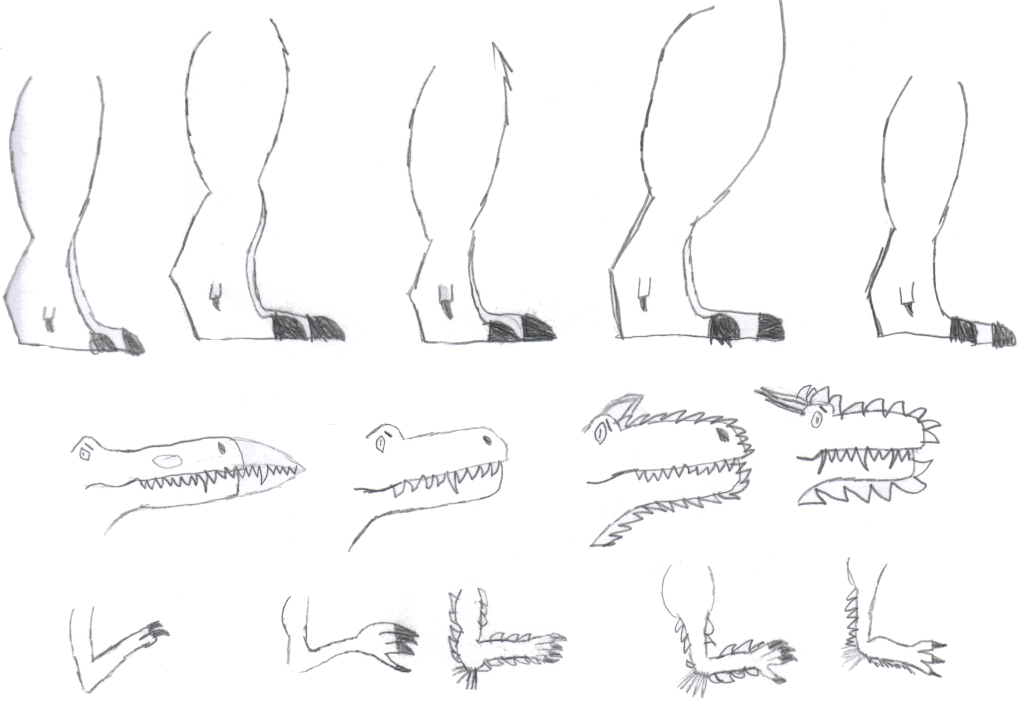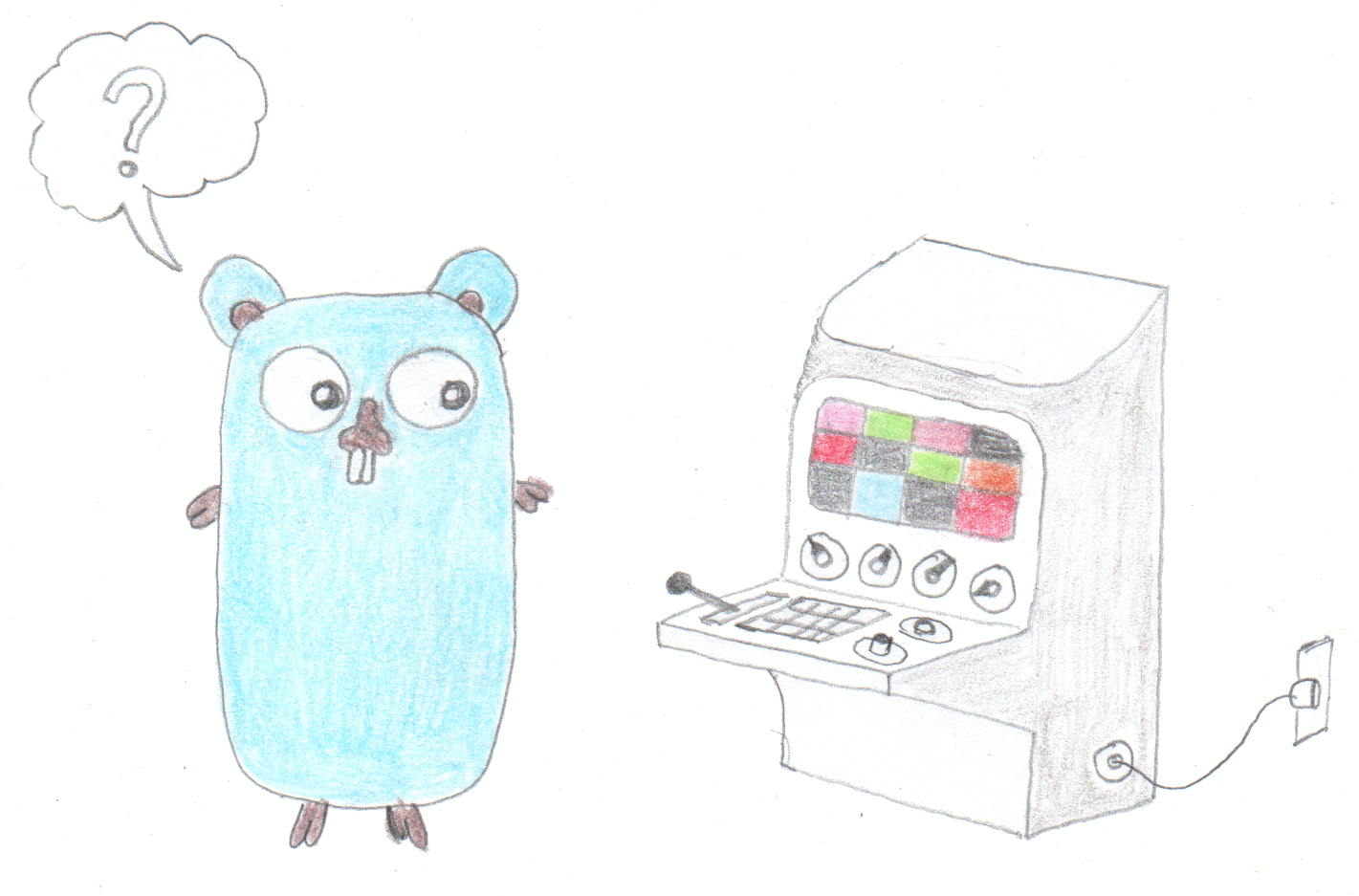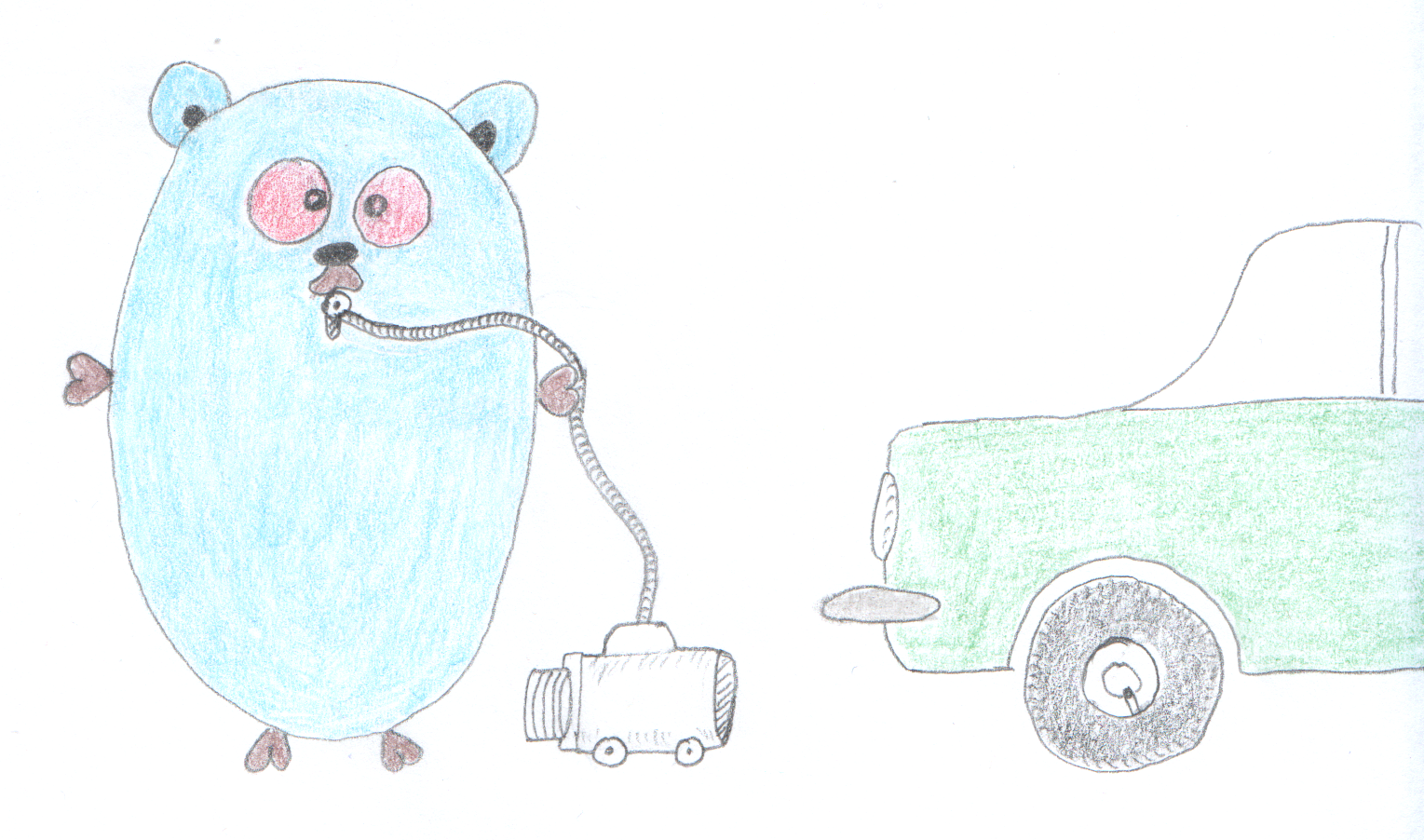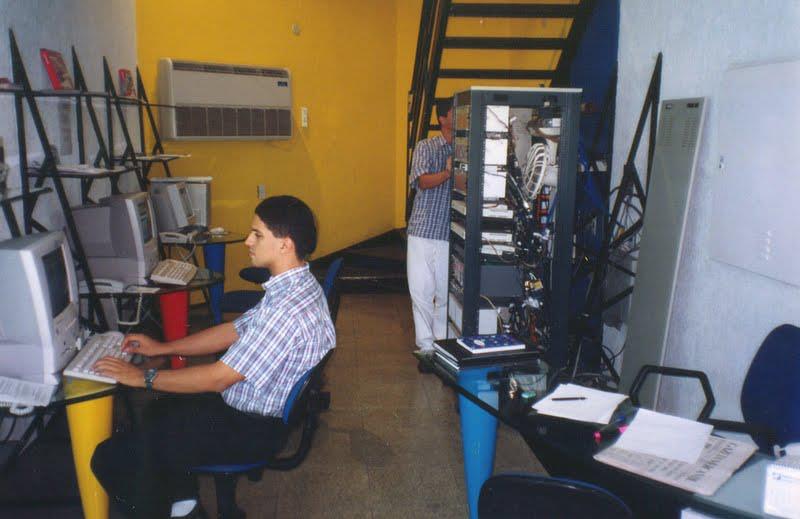Definitely e-Books
I have a lot of books. Really! I love books. I buy them because I need but sometimes just for the pleasure of having them. They are interesting but they are also so beautifully organized on my bookshelf. 8) But I feel deep inside that there is something wrong with it.
What am I gonna do when the time to leave Belgium comes? I’m inclined to donate most of my books, but how? to whom? I will think about it, but you can also suggest something on the comments below. By the way, one thing that I’ve learned was: before buying something, consider when the time to discard it finally comes. Might it be some sort of headache for you in the future?
Besides the space and weight issues, there is also the ecological one. Books are made of paper, paper is made of cellulose, cellulose is mostly extracted from the wood, wood is synonymous of tree and trees are one of the main agents of carbon absorption, besides their role on the soil stability and humidity control.
Considering these important reasons, I decided to prioritize the acquisition of eBooks (eletronic books) because they don’t have weight, don’t require physical space, the unitary impact on the nature is not so relevant, and the facility to transport, browse and search information makes it worth.
Leaving aside the physical beauty, I bought some technical eBooks from O’Reilly, Apress and Packt Publishing, but there are also The Pragmatic Bookshelf and the Amazon collection for the Kindle device. Many other publishers didn’t start offering eBooks yet but it is a matter of time.
Buying eBooks directly from the publisher seems to be a good deal. I bought the book Restful Java with JAX-RS for $31.99 while the printed copy costs $39.99, saving $8. But the saving amount would be even higher when considering the shipping cost. On the other hand, the Kindle store doesn’t offer a big discount on the Kindle version of a book. For instance, the paper version of the book Effective Java is sold for $35.11 and the Kindle version is offered for 38.64, a surprising higher price for a digital version, but still better due to the shipping cost.
I don’t have a Kindle yet, but I’m planning to buy one or any other similar product. My main concern today is to buy books that can be used in my future book reader. For that, I’m avoiding to buy books with password protection. For instance, when opening books from Apress, the Acrobat Reader asks for a password key, which is provided at the moment of the acquisition. Better not forget this key, otherwise…
Recent Posts
Can We Trust Marathon Pacers?
Introducing LibRunner
Clojure Books in the Toronto Public Library

Once Upon a Time in Russia

FHIR: A Standard For Healthcare Data Interoperability

First Release of CSVSource

Astonishing Carl Sagan's Predictions Published in 1995

Making a Configurable Go App

Dealing With Pressure Outside of the Workplace

Reacting to File Changes Using the Observer Design Pattern in Go

Provisioning Azure Functions Using Terraform

Taking Advantage of the Adapter Design Pattern

Applying The Adapter Design Pattern To Decouple Libraries From Go Apps

Using Goroutines to Search Prices in Parallel

Applying the Strategy Pattern to Get Prices from Different Sources in Go
